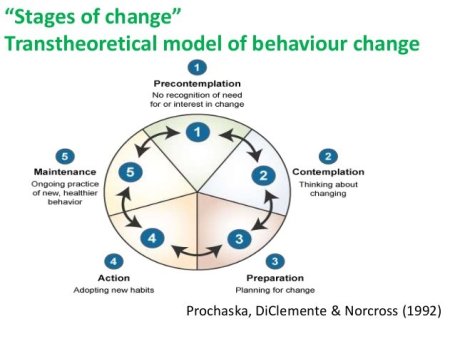TTM and Organisational Psychotherapy
TTM and Organisational Psychotherapy
The Mysterious Mind of the Collective: Why We’re Not Just Talking Individuals
What if we saw an organisation not just as a collection of employees but as a single entity with its own psyche? It’s an intriguing thought, isn’t it? The Transtheoretical Model (TTM) is a time-tested framework for individual behaviour change. But if we zoom out, can we apply the same roadmap to an organisation’s collective mind? It turns out, we can, and the implications are nothing short of fascinating.
The Five Stages
Just like individuals, organisations go through five crucial stages of behavioural change. Let’s delve into what these stages mean for the collective mind.
1️⃣ Precontemplation: The Unconscious Collective
Much like individual clients who are unaware of the need for a healthier lifestyle, an organisation in the precontemplation stage might be blissfully ignorant of unhealthy behavioural patterns. Here, the collective psyche isn’t even aware of the possibility for, or contemplating, change.
2️⃣ Contemplation: Collective Cognitive Dissonance
When cracks start to show, that’s contemplation kicking in. The collective begins to acknowledge that change might be useful, even necessary. There’s a bit of push-and-pull in the group mind; while some people and groups advocate for change, others are resistant.
3️⃣ Preparation: Strategy Meets Psyche
An organisation’s preparation stage closely mimics the individual’s readiness to seek out strategies for betterment. The collective mind gears up for change, and preparatory activities like researching, planning, and consensus-building take the spotlight.
4️⃣ Action: The Organisation Steps Up
Just as an individual in the action stage starts exercising or eating healthier, the organisation as a whole begins to surface and reflect on its collective assumptions and beliefs, and beging to enact concrete changes. This is where the rubber meets the road for the collective psyche.
5️⃣ Maintenance: Sustaining the Collective Conscience
Success! The organisation has adopted new behaviours. Now, the challenge lies in maintaining them. The collective psyche must be continuously nurtured to ensure these behavioural patterns stick in the long term.
Why is TTM a Compass for Organisational Health?
TTM doesn’t just give a snapshot of where an individual is; it offers a panoramic view of an organisation’s collective state of being. It becomes the compass that can steer the group mind through uncharted territories of behavioural change.
💡 Empowering the Collective
- Assess Organisational Wellbeing: It helps you locate where the collective psyche is in its journey towards a healthier, more effective state.
- Customise Interventions: Knowing the stage allows for tailored strategies that meet the collective where it’s at.
- Facilitate Lasting Change: It offers the scaffolding needed to build and maintain new organisational behaviours.
- Celebrate Milestones: It allows the organisation to acknowledge and celebrate progress, no matter how small, thereby fostering a sense of collective achievement.
- Boost Collective Self-efficacy: When an unhelpful collective assumption or belief is successfully supplanted, it boosts the organisation’s belief in its collective capability.
Summary
In the organisational realm, TTM isn’t just a model; it’s a compass guiding the collective psyche towards better health and greater efficacy. It’s a shared journey towards flourishing, with each stage representing not just a phase but a collective transformation. Through this lens, TTM enriches our understanding of organisational health by applying the wisdom of individual change to the intricate dynamics of the group mind.

